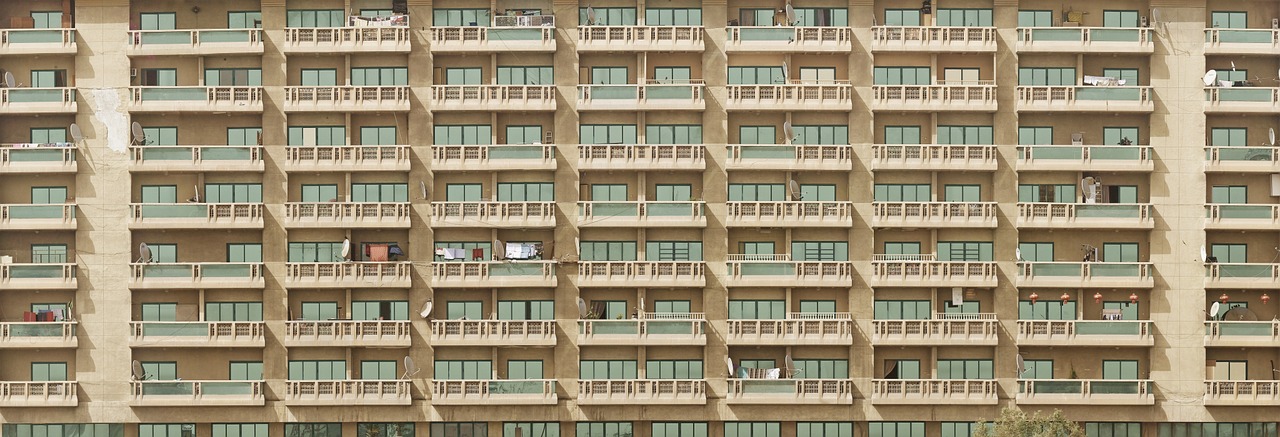
In German cities, according to a study far too few apartments are built. For example, the demand for new housing in Cologne has not even been fully met since 2016 (46 percent), according to the study of the Institute for the German Economy (IW) in Cologne.
The authors compared the number of flats completed over the past three years to the needs they estimated based on factors such as population development and vacancies.
„You can not keep up with building“
It also looks bad in other big cities. Thus, 56 percent of the apartments that would have been needed were built in Stuttgart. Only slightly better was the situation in Munich (67 percent), Berlin (73) and Frankfurt / Main (78). „Not only is there a lack of up-to-date flats here, but also in the longer term a further increase in construction activity is needed“, write the authors Ralph Henger and Michael Voigtländer.
Reasons for the misery are the high influx into the cities, the scarce staff in building authorities, strict regulations and the lack of skilled workers in the construction industry. „You can not keep up with building,“ said Henger.
The cities would have to make an effort to slow the development of rents, the authors urge. Crucial for this is in the metropolises the provision of building land to attract investors. In addition, in some places old buildings should be rebuilt, instead of building new ones.
Support for the expansion of local transport
The federal government and the state should also provide financial support to cities such as Cologne, for example for the expansion of local traffic. If the surrounding countryside were better connected, living there would become more attractive and the inner-city pressure of the housing market would weaken somewhat.
The situation is quite different in the countryside: In many places too many new buildings are being built there, for example in Saxony-Anhalt, Saxony, Saarland and the outskirts of Bavaria. „Although there is a lot of vacancy in the countryside, a relatively large number of new buildings are being built, which are preferred, although conversions in older buildings are more appropriate in many places,“ study author Henger said.



